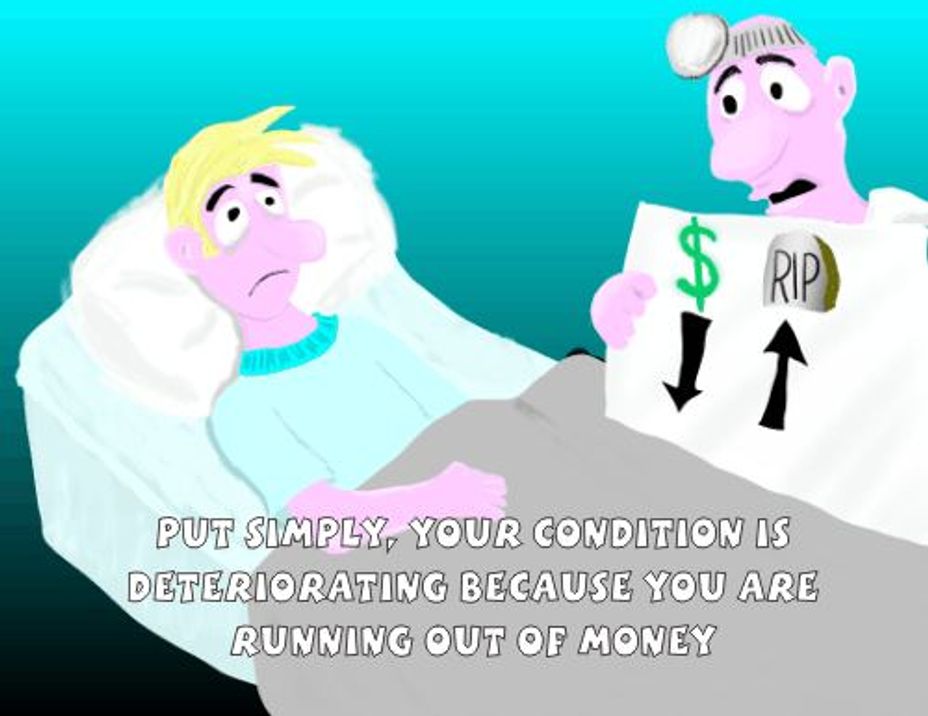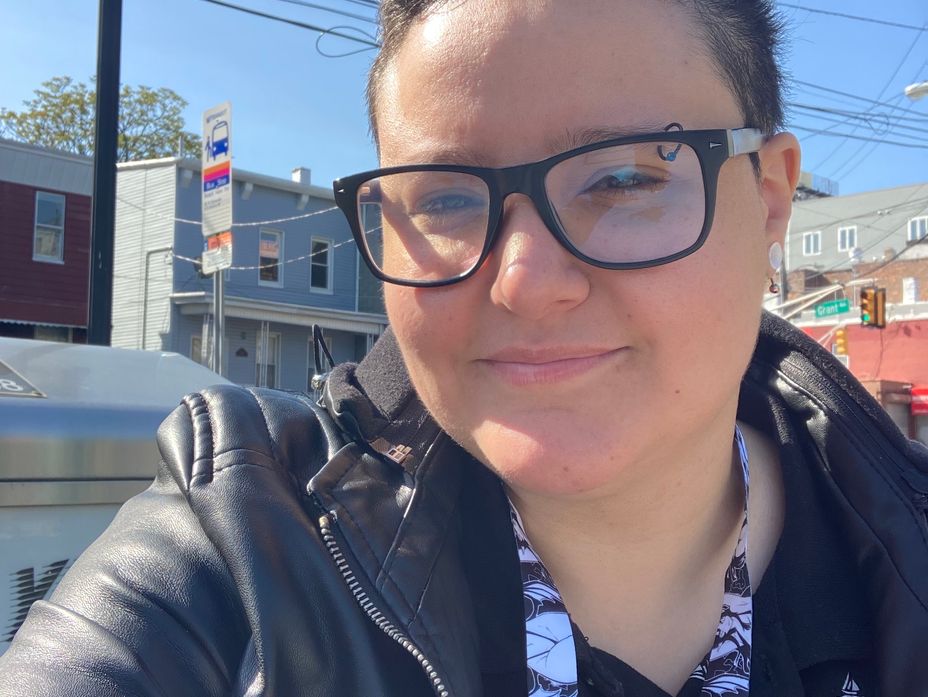Alex’s Arrival: Navigating Loss and Finding New Beginnings in BestGuessistan
Hey friends — I wanted to share a story from my ongoing BestGuessistan series that’s been close to my heart lately.
Alex’s journey is about what happens when everything you knew unravels — career, relationships, identity. But in that raw, uncertain space, she finds permission to rethink what success and healing look like.
BestGuessistan isn’t a place you find on a map. It’s a state of being — a landscape for rewriting life after rupture.
In Alex’s story, ministries like the Ministry of Updated Expectations and places like Pain de Resistance Bakery become waypoints on a path that’s less about answers and more about gentle permission.
She learns to stop comparing herself to her old self and starts embracing the uncertainty of becoming — slow, tentative, and beautiful.
I’d love to hear your thoughts or experiences about what it means to let go of “before” and start anew.
Here’s the full essay -
Navigating BestGuessistan
BestGuessistan isn’t a place you’ll find on any map. It’s not a place at all—strictly speaking. It’s a state of being, a shifting landscape where life after rupture unfolds. The familiar markers have vanished, replaced by ministries that don’t govern but guide; places named for the emotional work we all must do; spaces where healing follows no straight line.
The names may seem strange at first—The Ministry of Updated Expectations, Pain de Resistance Bakery, The It Dependsathon—but each holds a truth about the messy, unpredictable journey of rewriting a life.
Alex never planned to come here. She didn’t plan to go anywhere, though the urge to escape pulled at her like a tide. The place wasn’t on any map she’d seen—though she searched, endlessly. But everything had shifted beneath her feet. It was time for change.
Her decades-long career unraveled. Her wife left—without a clear explanation. Her bond with her kids thinned by distance and silence. Everything she counted on—her identity, her worth—crumbled. It started slowly but came crashing all at once. You know how that feels.
Leaving seemed like the only option. Staying to face the wreckage felt unbearable. Letting the rubble wait felt easier. Any shift, any change, even just a new backdrop, might ease the weight.
She found BestGuessistan in the cracks: graffiti on a toilet stall, a late-night search for hope, a place suspended between dream and waking. Was it real? Or the fog thickening?
She drifted in, soft-footed, unsure if she was arriving or fleeing. Questions swirled—dizzying, raw. Who am I now when everything that defined me is gone? What value remains—for myself, for those I love, for a world that feels alien? How to hold fractured past and uncertain present? Do I still matter? Who am I now, and does it matter to anyone?
The Ministry of Updated Expectations was her first surprise. Always open, it greeted her with a warm hush—rigid demands softened to loose threads. She didn’t know what to expect, but soon recognized what she’d found: permission. To revise her inner metrics; to rethink; to start fresh. She sampled programs and spaces, finding threads to reweave herself. It was a beginning.
At Pain de Resistance Bakery, the scent of fresh bread steadied her unsteady heart—a sweetness not just for nourishment but rebuilding. She wasn’t sure why it was named so; the place names all confused her. But she stayed. Emotional Logistics offered tiny stickers that whispered, “You showed up.” Strange, yet comforting. The It Dependsathon beckoned—a maze of maybe and uncertainty. Some days an austere Japanese hedge maze; others, a wild English garden. Paths as varied as her own journey.
Slowly, with effort and setbacks, she stopped measuring herself against her former self. She let go of the crushing weight of failure, a new, unwelcome companion since the fall. She discovered places that welcomed the after-version of Alex—not the old, but the becoming. That shift was not repellant but strangely magnetic. She felt herself loosen, but hadn’t fully embraced it.
Not yet.
Her journey wasn’t over. One last place awaited—off any map, unmarked, unguided. She arrived.
At the House of Blues—a spare room with worn wood and honest shadows—she lit a blue candle, mourning who she was and honoring who she might become. She picked up a battered guitar, unsure how to play, but the instrument showed her: how to experiment, rethink, play a blues progression. Folding a letter to her former self, she tucked it into the communal songbook—each note a reckoning, each silence a chance to listen.
Here, finally, Alex found space to breathe, reckon, and begin playing her own tentative, beautiful song.
And in the notes, chords, and budding melody, she glimpsed the faint shape of what might come next.
Thanks for reading and sharing this space with me.
What parts of Alex’s story resonated most with you?



